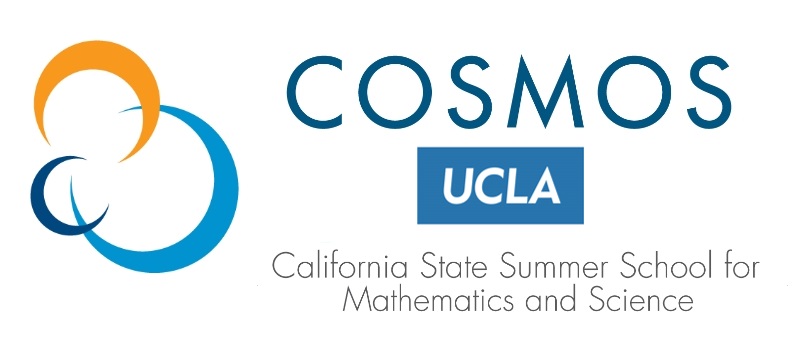Instructor
H. Tad Blair, Associate Professor of Behavioral Neuroscience in the UCLA Psychology Department
Coursework Prerequisites
AP Biology or equivalent, Calculus BC or equivalent. Programming experience (in any language) is preferred; students who are new to programming may be asked to complete an online coding course before arrival.
Course Description
The world is entering a new era of Artificial intelligence (AI) where machines are able to perform “human” tasks such as speaking a language, driving a car, writing a computer program, composing music, generating images and movies, analyzing data, and solving complex problems. To perform such tasks, AI systems rely on artificial neural networks that learn from their own experiences in the much same way that humans and animals do. In fact, modern AI grew from efforts by neuroscientists and engineers to understand and emulate the brain, giving rise to what we now call “brain-inspired computing.”
This cluster introduces students to fundamental principles of neural computation that allow both biological and artificial neural networks to learn, adapt, and solve problems. Each morning, students will attend lectures linking concepts from neuroscience and machine learning. Each afternoon, they work in computer lab sessions using the Python programming language (aided by Chatbot coding assistants) to train and test neural networks that simulate brain circuits or perform useful tasks such as image recognition or decision making. In addition to lectures and labs, field trips and discussions with cluster faculty will help students to understand what AI technology can teach us about the brain, and what the brain can teach us about building better AI.
Along the way, we will consider questions that are increasingly important with the advent of AI technology: What is intelligence? How do our brains store and retrieve memories? Why do we sleep and dream? How do people form habits and how can they break them? Will machines ever match or surpass human intelligence? Can a machine become conscious? What are the greatest promises and dangers of AI, and how can citizens help guide its impact on society?
With a deeper understanding of how machines learn and new insight into how their own brains learn, students will be better prepared to navigate a future in which biological and artificial intelligences work together to shape the world to come.
